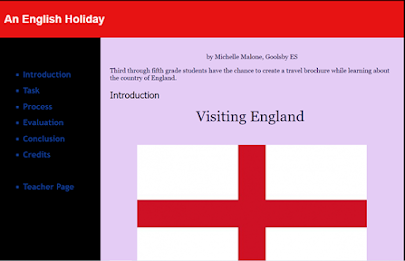Introduction
Hi, this week we will learn something unusual-WebQuest
Before we find out how to use this technology, let us first find out what it means, because I think for most of us it is an unfamiliar term.
“A WebQuest is an inquiry-oriented activity in which most or all of the information used by learners is drawn from the Web. WebQuests are designed to use learners' time well, to focus on using information rather than looking for it, and to support learners' thinking at the levels of analysis, synthesis and evaluation.” Dodge
(https://webquest.org/)
As we can see and learn from this lesson, two essences in WebQuest are Web and learners. Learners scaffolded by teachers try to find the answers to the Quest with realistic resources (Web material) and mental resources (high order thinking skill).
Template of building blocks of WebQuest
✋Introduction (activate background knowledge and introduce the topic)
💪Task (Information about the mission and material that learners need in this lesson0
👊Process (detailed steps and links with the Web students need)
👍Evaluate (the measurement of the process to learners)
👋Conclusion (summarize the thoughts, ask higher level questions and time for Q&A)
Examples ( An English Holiday)


Comments
Post a Comment